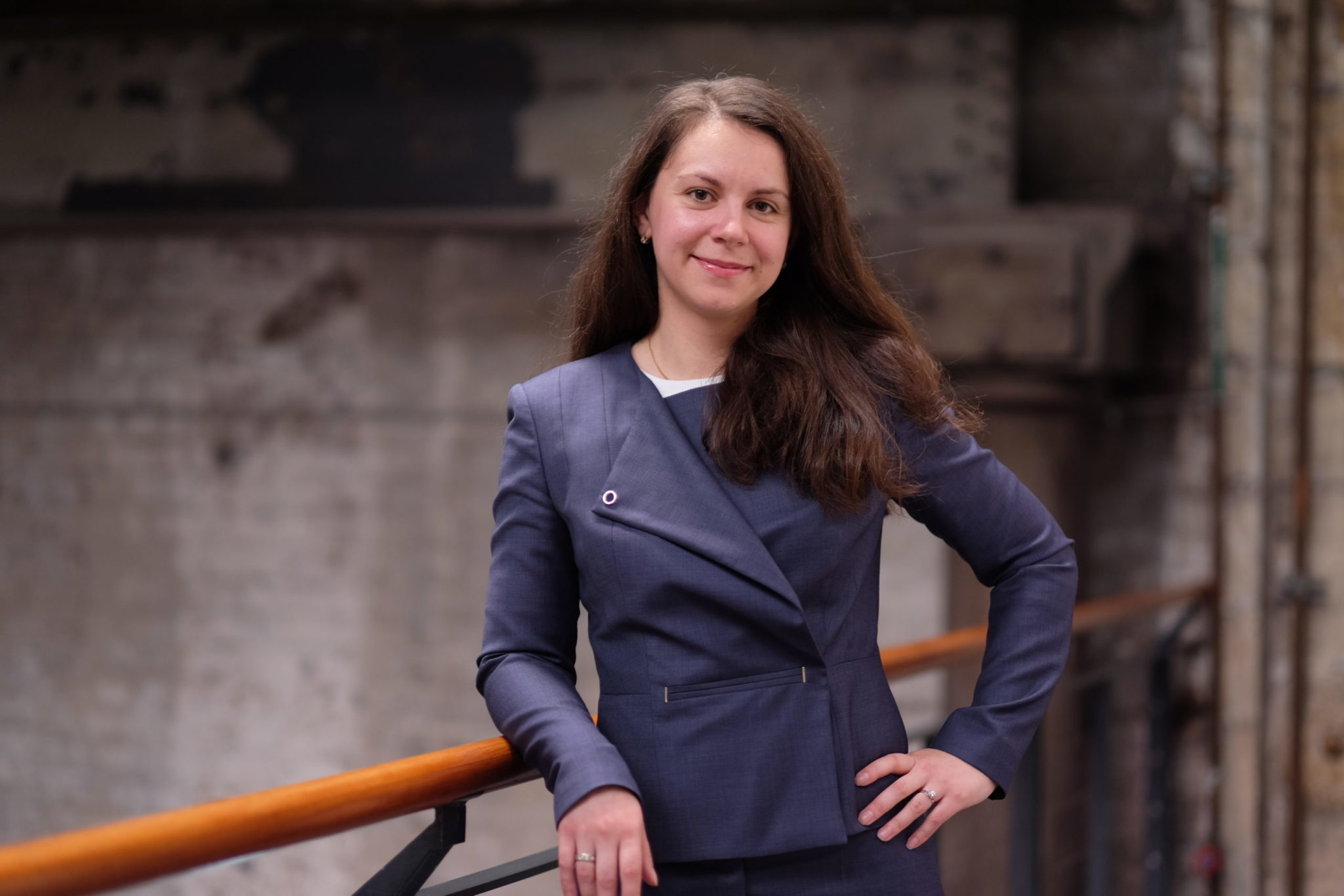
There are numerous investment options for traditional investment classes, such as real estate, precious metals, equity investments, fixed-income securities and cash. However, over the past few years, investors worldwide have witnessed a rapidly evolving alternative finance landscape. Cryptocurrencies or altcoins receive close attention from investors who are captivated by tremendous growth opportunities and fast and easy options to invest in them.
There are hundreds of different crypto exchanges around the world, each offering opportunities to buy cryptocurrencies. The majority of the exchanges have user-friendly mobile interfaces making it very easy to invest, but not all exchanges are trustworthy. When choosing a crypto exchange, it is important to compare many features such as costs, limits on withdrawing coins, lists of alternative currencies, transaction speed, trading volumes, and check if you as a user can control your digital wallet keys where your digital tokens/coins are stored. Crypto exchanges can be classified into centralised and decentralised. All centralised crypto exchanges follow the “Know Your Customer” registration process, which requires formal identification for all clients. These exchanges run their transactions on their private server and typically provide some level of insurance to protect their users if their system fails. Thus, it is essential to ask about your insurance coverage and, most notably, the amount of insurance. Decentralised exchanges do not have a central authority, and each computer inside the network is part of the server. Due to their decentralised status, they are not under specific monitoring of any regulatory body.
The security and safety of digital cryptocurrency tokens remain as significant concerns. Purchased cryptocurrency tokens need to be stored in a secure location. Numerous retail and institutional custodians provide services for storing your cryptocurrencies in a secure online wallet. You can also keep your digital cryptocurrencies on external devices and print keys on paper and store them physically in a safe box. However, some cryptocurrencies exchanges do not allow users to control their digital wallets. It is necessary to understand the risk and return relationship in cryptocurrencies trading. The markets are speculative and highly volatile, so it is essential to do your research and remember you can rapidly lose your investments. It is crucial to check your tax implications for capital gains and losses when trading cryptocurrencies.
As one of the most popular cryptocurrencies, Bitcoin is classified as a store of value coin, also known as “Digital Gold” among cryptocurrencies. The widespread Blockchain adoption was linked to Satoshi Nakamoto back in 2008. Bitcoin is differentiated from other cryptocurrencies by having a fixed supply of 21 million tokens which can be mined.
Recently, concerns were raised in relation to the Bitcoin network’s energy consumption as miners are continuously running computers to solve complex algorithms/puzzles to discover a new block. Once a new block is mined, the miners are rewarded with bitcoins. The University of Cambridge’s Centre for Alternative Finance has introduced the Cambridge Bitcoin Electricity Consumption Index, which shows that the yearly electricity consumption is 150.04-terawatt hours, which is expected to grow further. Interestingly, the amount of electricity consumed by the Bitcoin coin in one single year is sufficient to provide power to all kettles used to boil water for Europe and the UK for 5 years and meet the University of Cambridge’s energy needs for 853 years.
Author

Mariya Yesseleva-Pionka
Global Certificates Manager for the International Council for Small Business (ICSB).
Dr Mariya Yesseleva-Pionka is Global Certificates Manager at ICSB, a Higher Degree by Research Supervisor at Excelsia College and Adjunct Academic at the University of Technology Sydney, Australia. Dr Yesseleva-Pionka held teaching and senior academic management positions in Central Asia (Kazakhstan) and Australia. She specialised in general investments, personal and corporate superannuation investments while working for Westpac Banking Corporation and BT Financial Group in Australia. She was invited to join The Housing Connection, a not-for-profit organisation in Sydney, Australia as Treasurer and Board Member from November 2019. Her research interests include entrepreneurial finance, traditional and alternative ways to finance small and medium enterprises (SMEs), corporate finance, policies for the small business sector, innovation and SMEs, FinTechs and Blockchain. Dr Yesseleva-Pionka is the Associate Editor for the Journal of the International Council for Small Business (JICSB).
